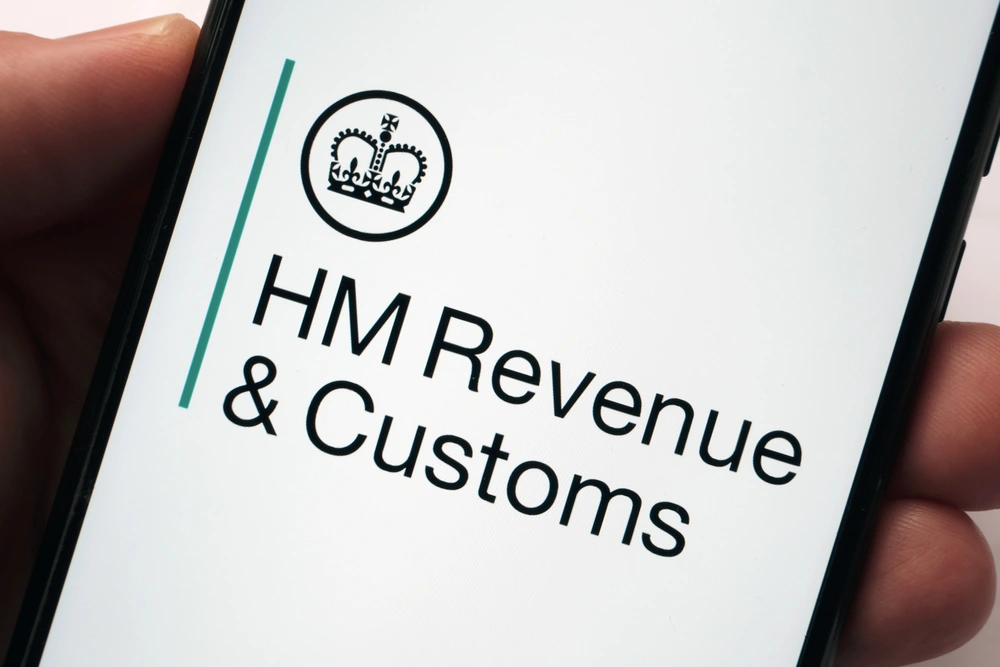Think your credit score is the all-important factor in an application for credit? Think again. We look into the other factors lenders consider, proving your score isn’t the be-all and end-all.
Your income and outgoings
Lenders will look at your affordability before determining whether to give you credit. This means reviewing your total monthly income and outgoings. They want to make sure you can afford credit repayments, on top of your current expenses.
Lenders will often ask for paperwork to prove your income and outgoings (such as wage slips and bank statements for example). The supporting documents you need to provide will vary from lender to lender, and will also depend on your individual circumstances.
Your existing debt to income ratio
Lenders also look specifically at your monthly debt repayments and compare this to your monthly income. This is known as your ‘debt to income ratio’.
It helps them to decide if you are in a position to take on more debt, based on your income and how heavily you rely on credit already. This is important, as you don’t want to end up in financial difficulty by overstretching yourself.
To help you to work out your debt to income ratio, take a look at this example:
If your income is £1,500 per month and your debt repayments come to £250 per month, your debt to income ratio is 20%, as follows:
Step One: £300 (debt) divided by £1,500 (income) equals 0.2
Step Two: 0.2 multiplied by 100 equals 20% (you always multiply the result by 100 to get the percentage)
Each lender uses their own criteria, and different thresholds may apply. But generally speaking, the lower your debt to income ratio, the less risky you’ll appear to lenders, so the higher your chance of approval.

Your credit utilisation
Your credit utilisation is another way lenders calculate your affordability. They see how much debt you have in total across your revolving credit accounts (such as credit cards and overdrafts, but not loans with fixed repayments). They then compare this figure to your overall credit limit, and the result is expressed as a percentage.
If possible, it’s best to keep your credit utilisation at 30% or below. This means spending less than 30% of your available credit limit. For example, if your credit limit is £1,000 across all of your credit cards, you want to have no more than £300 outstanding (when you add up the balance of each card).
Not only will this boost your credit score, but it’ll also show lenders that you are a responsible borrower. By keeping spending on credit cards and overdrafts to a minimum, you’ll give them the impression that you can manage money well. In turn, your chances of approval should increase.
Your stability
Lenders want to see that your income is stable and you have lived at a permanent address for some time. Both of these things make you appear more reliable, and less of a risk to lend money to.
One way to help your credit application is by registering to vote if you haven't done so already. That way, lenders will be able to search and verify your address quickly on the register without needing proof of address documents from you.
To register to vote, you must be aged 16 years or over, and either a British, Irish or EU citizen with a permanent address. Or a Commonwealth citizen who is permitted to enter or stay in the UK. It only takes around 5 minutes to sign up on the government’s website, or you can register through the post.
It’s about your credit history...not your score
Another factor that lenders normally consider is your credit history. This is not the same as your credit score. Your credit history shows your past financial behaviour, which lenders use to predict your future behaviour and assess how risky you are.
If you’ve maintained all of your bill payments on time, every time, you should come across as a responsible borrower. Lenders are more likely to approve someone for credit with a good payment history.
If, however, you have a default on your credit report, lenders will view this as a red flag, and you may find it more difficult to get credit. Having said that, there are lenders who specialise in bad credit. Just bear in mind that there are still no guarantees of acceptance and higher interest rates may apply.
The good news is, lenders tend to focus on your more recent financial behaviour. So the older your default is, the less impact it should have on the success of your application. If a default was applied to your credit report several years ago, then lenders may view it in a better light than a recent default, for example.
After six years defaults will automatically drop off your credit file. And if you clear the outstanding balance in the meantime, then the default will be updated to ‘satisfied’, which will look better to lenders.
Adele is a personal finance writer with more than 10 years in the finance industry behind her. She writes clear and engaging guides on all things loans for Ocean, as well as contributing blogs to help people understand their options when it comes to money.
![Email icon]()
Become a money maestro!
Sign up for tips on how to improve your credit score, offers and deals to help you save money, exclusive competitions and exciting products!
Find this useful? Share it with others!










